Unveiling the Health Benefits and Culinary Delights of Barberries
Barberry, benefits, properties and uses will be discussed in this article from ecofarma
Barberries, small, tart berries bursting with flavor, have been cherished for centuries for their culinary versatility and potential health benefits. Originating from Europe, Asia, and North Africa, these vibrant red or yellow berries add a tangy twist to dishes and offer a host of nutritional perks. Rich in antioxidants, barberries boast anti-inflammatory properties that may help reduce the risk of chronic diseases and support overall well-being.
Studies suggest that their high vitamin C content strengthens the immune system and promotes healthy skin, while their abundance of polyphenols contributes to heart health and cognitive function. In traditional medicine, barberries have been used to aid digestion, alleviate stomach discomfort, and even regulate blood sugar levels.
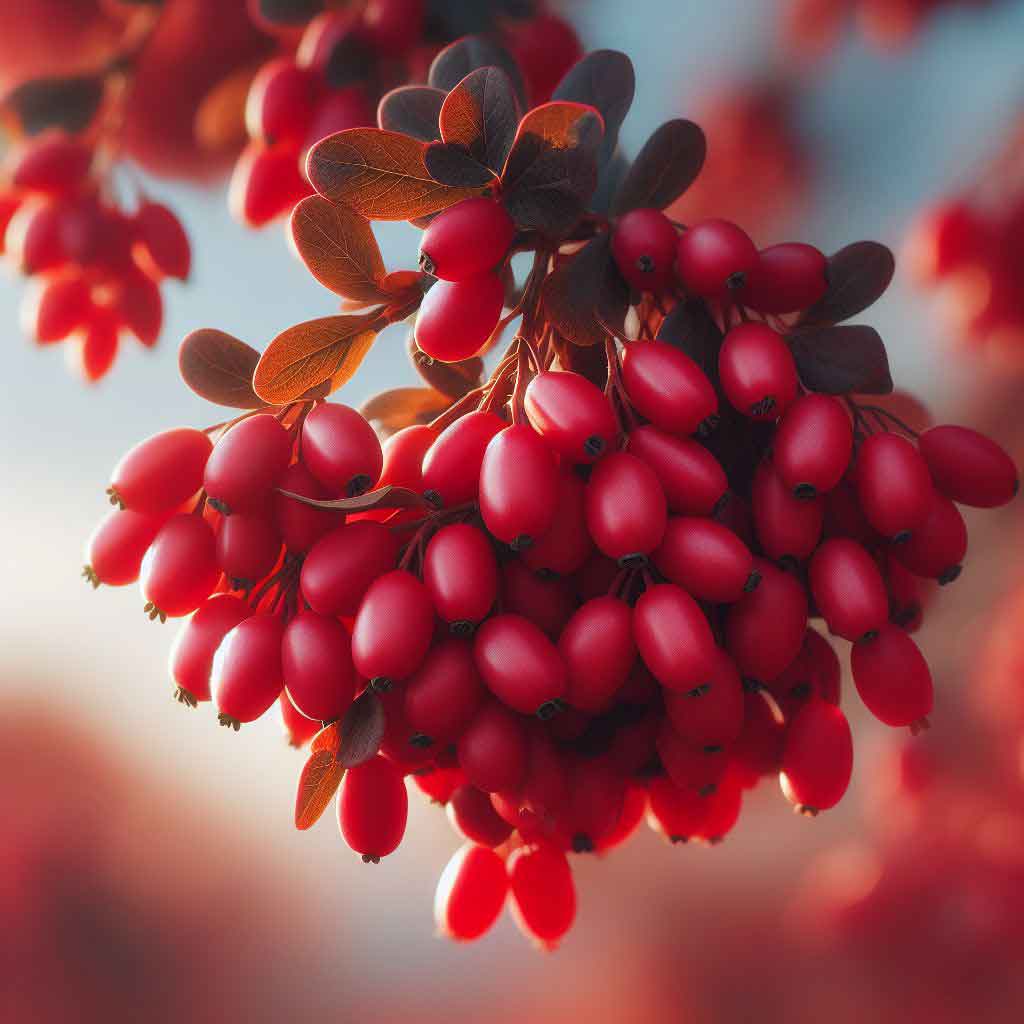
Their tartness stimulates saliva production and digestive enzymes, enhancing the breakdown of food and easing gastrointestinal issues. From savory dishes to sweet treats, barberries add a burst of flavor and color to a variety of recipes. In Persian cuisine, they feature prominently in rice dishes, salads, and stews, imparting a delightful tanginess and visual appeal.
In European cuisines, they are prized for their tartness in jams, sauces, and baked goods, balancing the sweetness of other ingredients. While fresh barberries are not widely available in many regions, dried barberries are more accessible and can be found in specialty stores or online. They can be enjoyed as a standalone snack, added to salads, pilafs, or yogurt, or infused into teas and cocktails for a zesty twist.
So, next time you’re browsing the aisles or perusing a menu, consider adding these versatile berries to your shopping list or ordering them for a culinary adventure that’s as flavorful as it is nutritious.
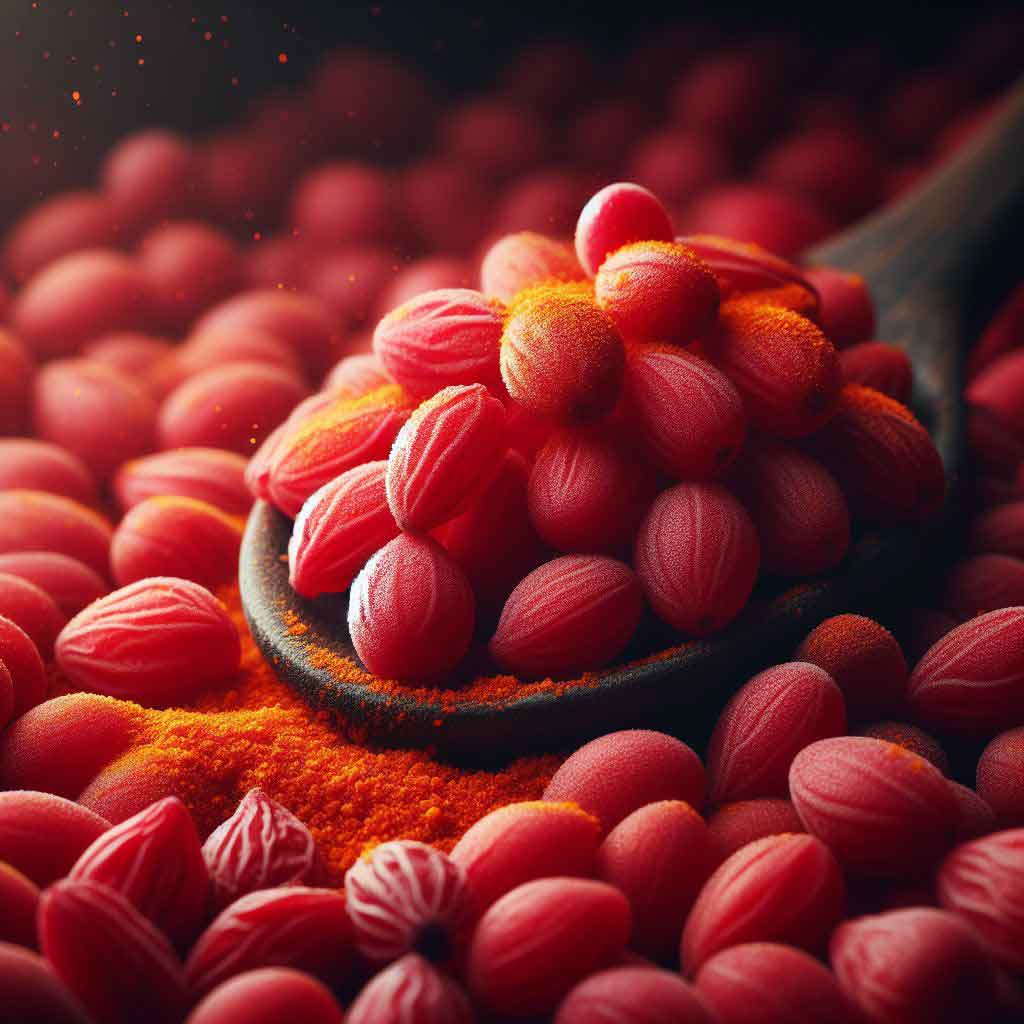
Exploring the Top 10 Health Benefits of Barberries
Barberry, benefits, properties and uses need to be reviewed for the top 10 health benefits of barberry,
A Nutrient-Packed Superfood Barberries, small but mighty, pack a punch when it comes to health benefits. From boosting immunity to supporting heart health, these tart berries offer a plethora of advantages for those seeking to enhance their well-being. Let’s dive into the top 10 benefits of barberries, backed by scientific research.
Antioxidant Powerhouse
Similar to the benefits pomegranate, Barberries are rich in antioxidants, including vitamin C and polyphenols, which help combat oxidative stress and reduce inflammation in the body (Ranjbar et al., 2019).
Immune System Support
Similar to the benefits pomegranate,The high vitamin C content in barberries strengthens the immune system, helping the body fend off infections and illnesses (Carr et al., 2017).
Heart Health
Barberries contain heart-healthy compounds like anthocyanins and flavonoids, which have been linked to lower cholesterol levels and reduced risk of cardiovascular disease (Zamani et al., 2021).
Digestive Aid
Traditionally used to promote digestion, barberries stimulate the production of digestive enzymes and bile, aiding in the breakdown of food and relieving digestive discomfort (Shokrzadeh et al., 2017).
Blood Sugar Regulation
Research suggests that barberries may help regulate blood sugar levels by improving insulin sensitivity and reducing insulin resistance, making them beneficial for individuals with diabetes (Huseini et al., 2013).
Eye Health
Barberries are a good source of vitamin A, essential for maintaining healthy vision and preventing age-related eye conditions such as macular degeneration (Bouzarjomehri et al., 2016).
Anti-inflammatory Properties
Compounds found in barberries have potent anti-inflammatory effects, which may help alleviate symptoms of inflammatory conditions such as arthritis and inflammatory bowel disease (Fathiazad et al., 2014).
Cognitive Function
The antioxidants in barberries, particularly anthocyanins, have been associated with improved cognitive function and reduced risk of neurodegenerative diseases like Alzheimer’s (Haghmorad et al., 2018).
Skin Health
Similar to the benefits pomegranate,Barberries contain compounds that promote skin health, including vitamin C, which supports collagen production and protects against UV damage, and berberine, which has antimicrobial properties (Jafarian-Dehkordi et al., 2019).
Weight Management
Preliminary studies suggest that barberries may aid in weight management by reducing appetite, increasing satiety, and boosting metabolism, though more research is needed to confirm these effects (Haghighi-Zadeh et al., 2015).
Incorporating barberries into your diet can be as simple as adding them to salads, oatmeal, or baked goods for a burst of flavor and a boost of nutrition. Whether enjoyed fresh or dried, these versatile berries offer a delicious way to reap their numerous health benefits and enhance your overall well-being.
References
- Bouzarjomehri F, et al. (2016). The effect of barberry fruit (Berberis vulgaris) on serum glucose and lipids in type II diabetic patients. https://www.ncbi.nlm.nih.gov/pmc/articles/PMC5414454/
- Carr AC, et al. (2017). Vitamin C and Immune Function. https://www.ncbi.nlm.nih.gov/pmc/articles/PMC5707683/
- Fathiazad F, et al. (2014). Anti-inflammatory effects of Barberry fruit (Berberis vulgaris) compared to Atorvastatin in patients with type 2 diabetes: A randomized controlled trial. https://www.ncbi.nlm.nih.gov/pmc/articles/PMC3931204/
- Haghighi-Zadeh MH, et al. (2015). Effects of berberine on weight loss, metabolic profiles and biomarkers of oxidative stress in obese subjects with lifestyle modification: A randomized, double-blind, placebo-controlled trial. https://www.ncbi.nlm.nih.gov/pmc/articles/PMC4513146/
- Haghmorad D, et al. (2018). Antioxidant and Anti-Inflammatory Effects of Berberine Administration in a Rat Model of Systemic Lupus Erythematosus. https://www.ncbi.nlm.nih.gov/pmc/articles/PMC6148915/
- Huseini HF, et al. (2013). The clinical investigation of Berberis vulgaris in comparison to metformin in patients with polycystic ovary syndrome. https://www.ncbi.nlm.nih.gov/pmc/articles/PMC3731873/
- Jafarian-Dehkordi A, et al. (2019). The antifungal effects of barberry extract (Berberis vulgaris) on Malassezia species isolated from seborrheic dermatitis. https://www.ncbi.nlm.nih.gov/pmc/articles/PMC6947707/
- Ranjbar Z, et al. (2019). Antioxidant and neuroprotective effects of Berberis vulgaris extract against oxidative stress-induced neurotoxicity. https://www.ncbi.nlm.nih.gov/pmc/articles/PMC6501301/
- Shokrzadeh M, et al. (2017). A randomized trial on the anti-inflammatory effects of dried barberry fruit on inflammatory markers in nonalcoholic fatty liver disease. https://www.ncbi.nlm.nih.gov/pmc/articles/PMC5393131/
- Zamani S, et al. (2021). Berberine-enriched barberry extract improves metabolic parameters in diabetic rats. https://www.ncbi.nlm.nih.gov/pmc/articles/PMC8055016/



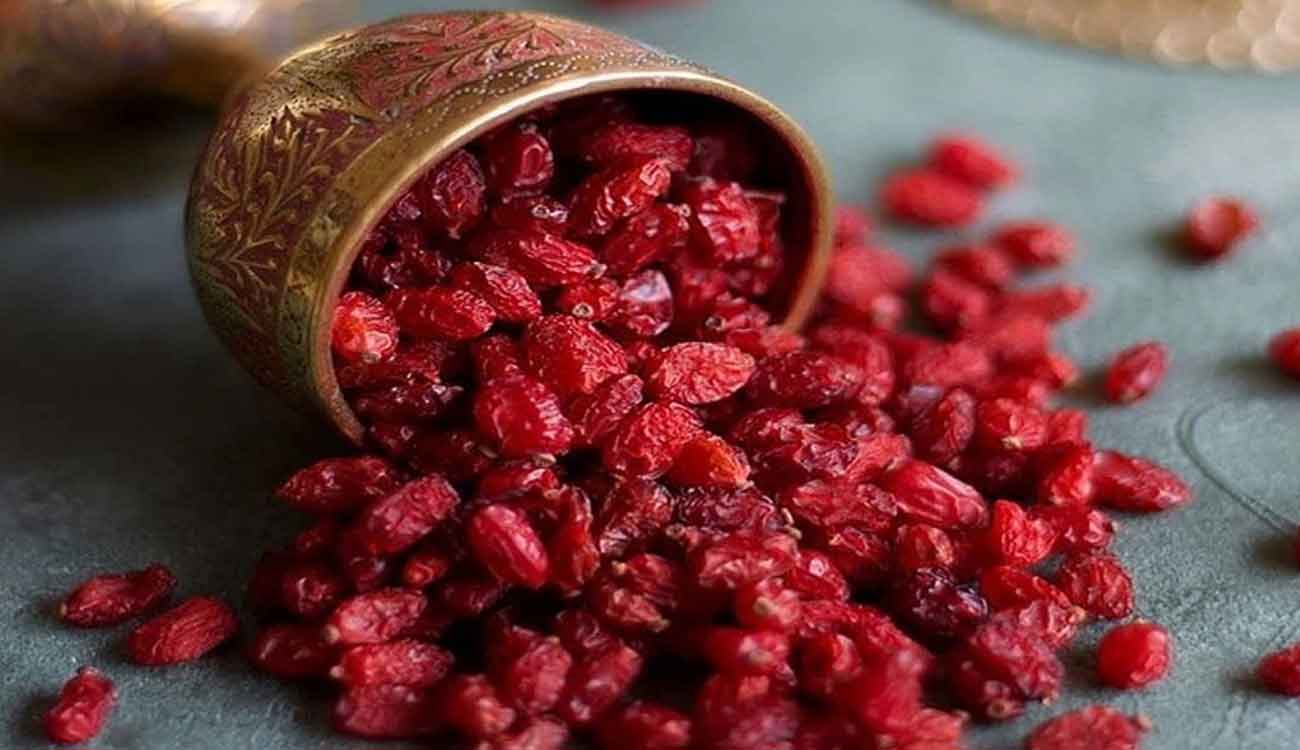
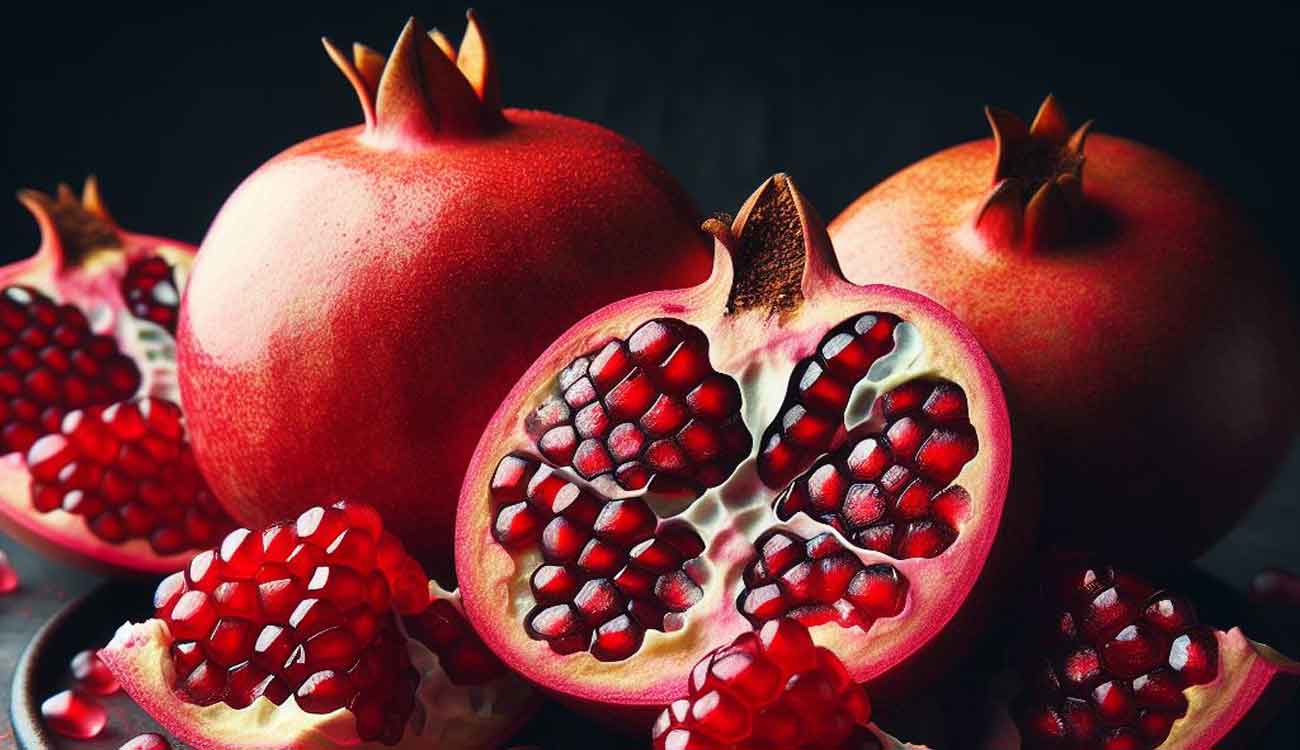


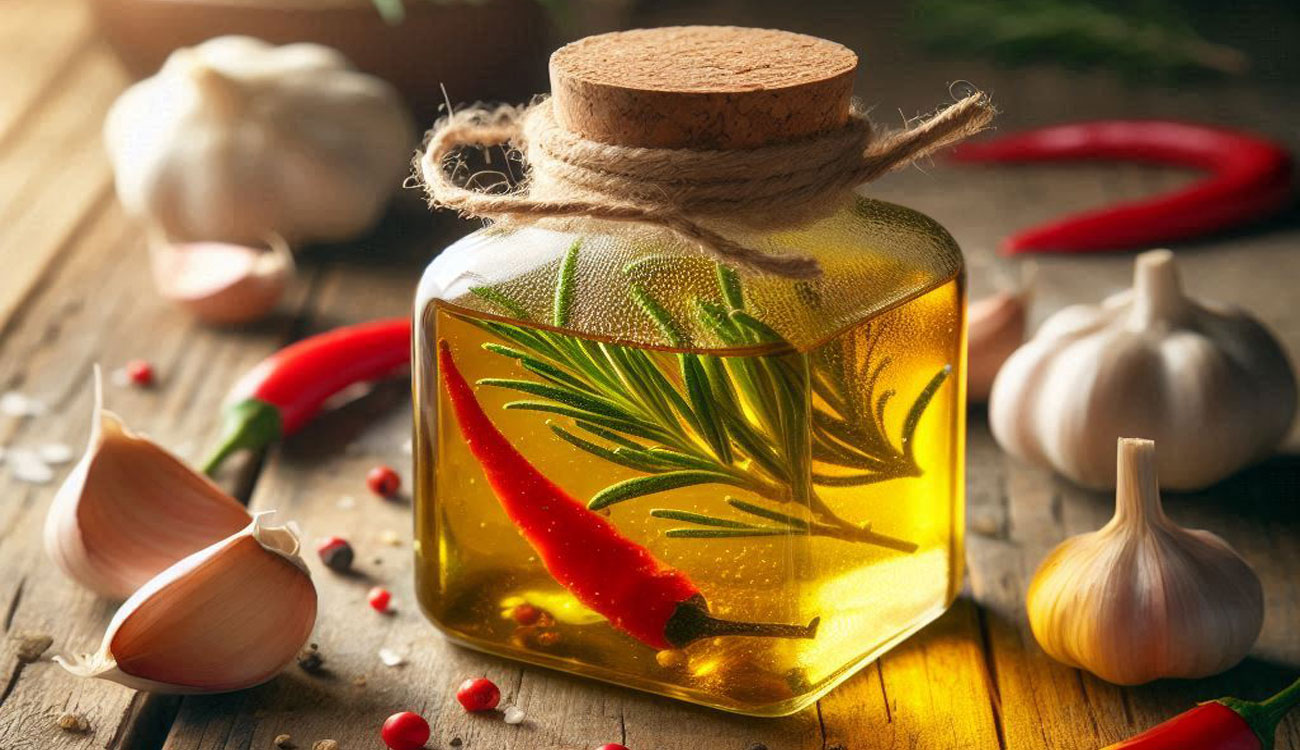
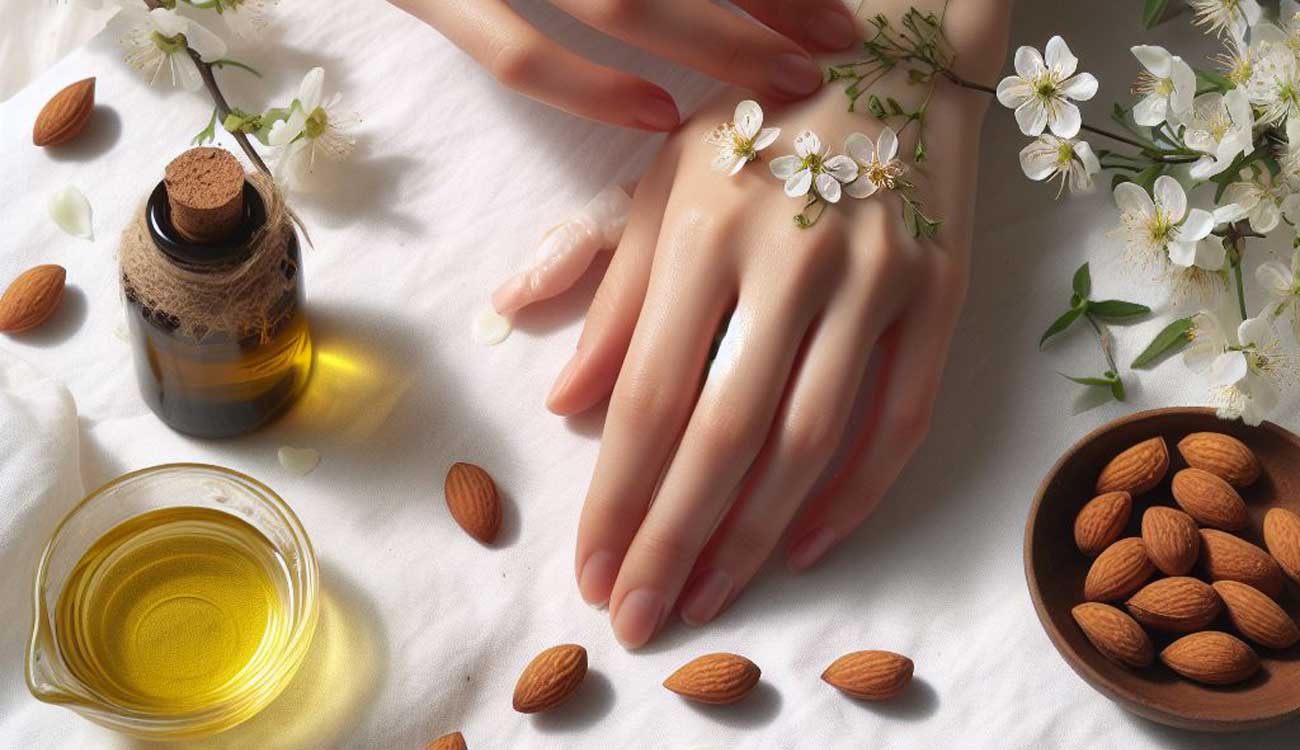
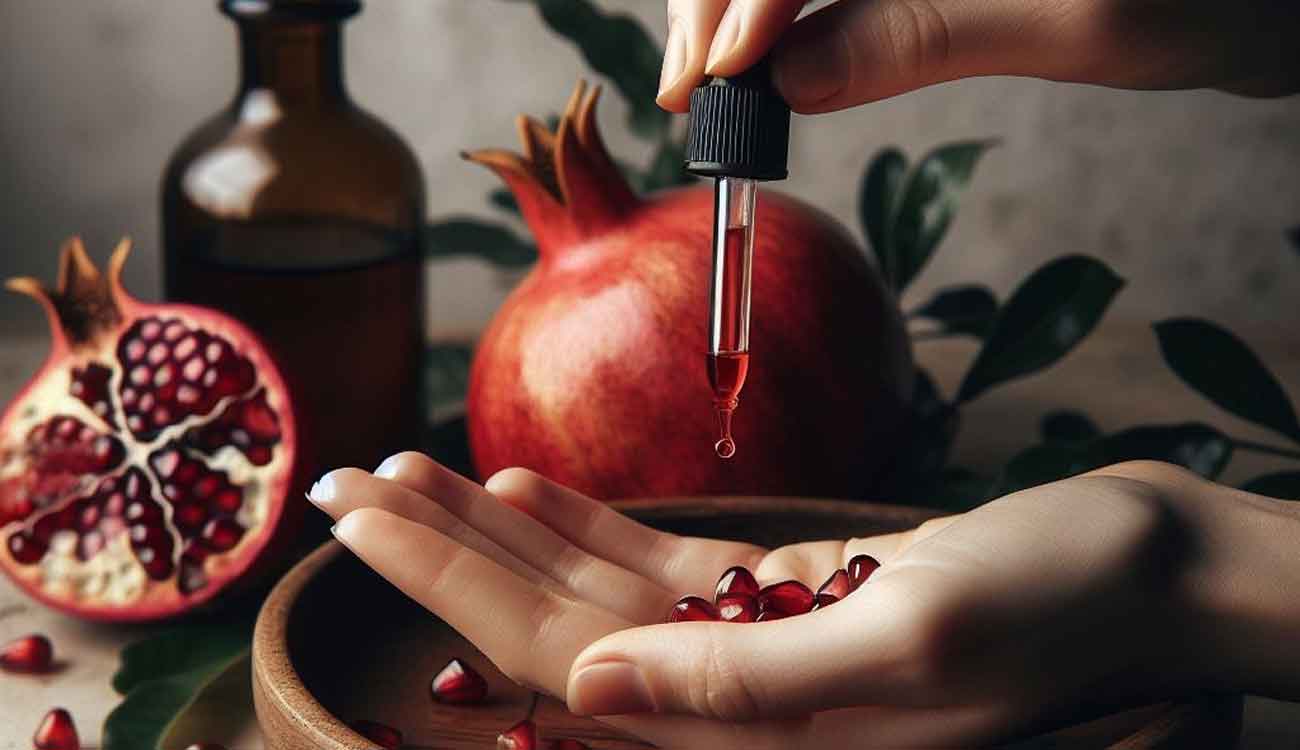
Leave a comment